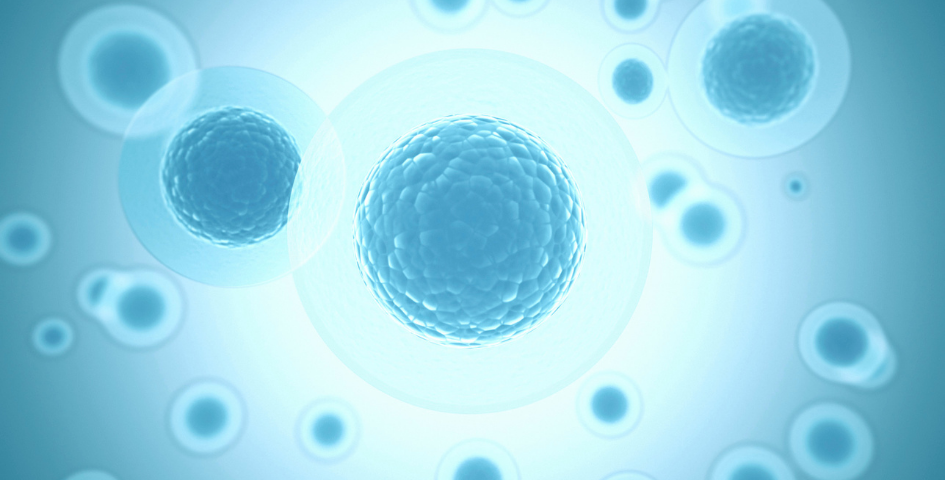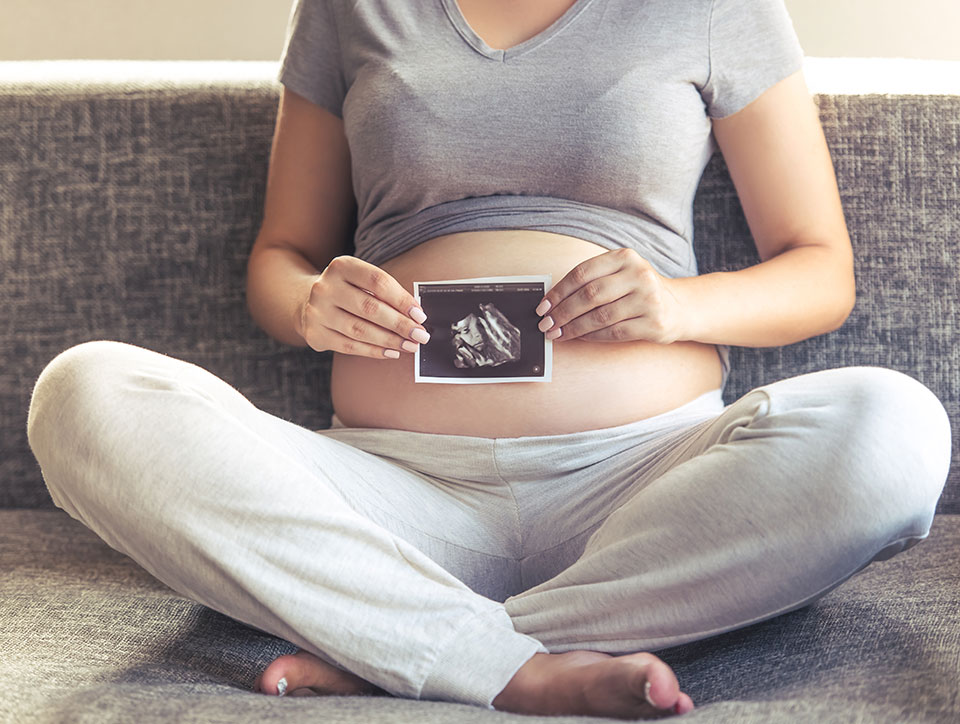Primary ovarian insufficiency (POI) is one of the most devastating reproductive diagnoses a woman can face. It’s both shocking and saddening, mysterious and maddening. Thousands of women experience this diagnosis each year and each wish to understand why their reproductive journey took such a turn.
To help us better understand POI, we first need to understand what is a normal reproductive life for a woman.
Normal Female Reproduction
Every woman is born with all the eggs she will ever have, about 1-2 million. Each month thousands of eggs die off naturally. By the time puberty starts, a woman has about 400-600 thousand eggs remaining.
Over the next four decades or so, she’ll release an average of one ”good” egg with about 1000 or so more that will not survive. This pattern repeats itself over about 400 menstrual cycles. Pretty impressive, no? At the end of all these cycles, the number of eggs remaining hovers around 1000. The woman gradually experiences a stop of her menstrual cycles and enters menopause. This typically happens around 51 years of age.
It’s when women do not get to experience this full reproductive course, especially when it stops before age 40, that we encounter POI. This makes us wonder about why it happened.
Take the Next Step – Schedule an Appointment
What causes POI?
The most common reasons include chromosomal abnormalities, autoimmune diseases, and chemotherapy or radiation treatment. Less common reasons include infections and any form of pelvic or abdominal surgery that affects the ovaries or their blood supply. Regardless of the cause, women will typically experience signs consistent with menopause such as hot flashes, night sweats or vaginal dryness/discomfort. If any of these symptoms are occur then prompt evaluation with a physician is essential.
The diagnosis is made using a combination of hormonal testing and symptoms. The key finding is seeing a woman’s hormones in the menopausal range. Once this is determined, then we do tests to look for any of the above-mentioned causes.
POI Treatment Options
Once the diagnosis of primary ovarian insufficiency is made, several key factors need to be addressed.
- First is the need to replace the hormones that the ovaries are no longer producing. This means taking a low-dose of hormones most days of each month. This is necessary for both heart and bone health.
- The second essential factor to be addressed is the path to family-building. While we cannot say a woman with POI has zero chance of having a child with her own eggs, most women with POI will need to use donor eggs to conceive a child.
- The third factor to be addressed is the emotional toll this diagnosis has on a woman. Therefore, it is essential for a woman at risk of POI or already diagnosed with POI to see a professional who specializes in the emotional issues that surround infertility, third party reproduction and women’s health.
This multi-prong approach ensures the patient receives the most complete and effective care. By working together with the experts in reproductive medicine, a woman with POI will understand that her reproductive journey has not necessarily ended, but rather it has taken an alternative course.
If you would like to learn more about GENESIS Fertility New York or are ready to schedule an appointment, please speak with one of our representatives at 929-605-5467.






